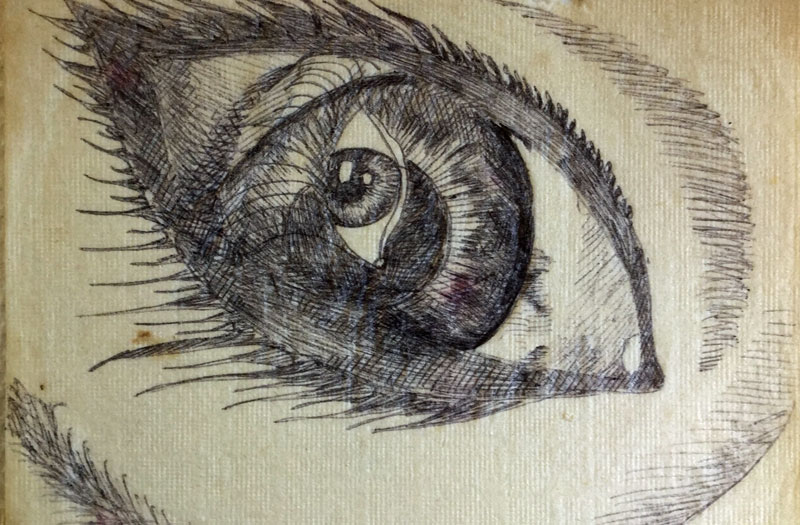I don’t watch late night television. I’m 79. I can’t stay awake. It’s true that I “think in the morning” and by the time most late night shows come on, I’m in bed. I’ll also admit (mea culpa) that I’m not a great comedy fan although I did like Johnny Carson in his day (when I was younger} and I had some favorites from those salad days of my youth: Jonathan Winters, Sid Ceasar, Ernie Kovaks, Richard Pryor, Robin Williams, and a few others. I’ve blogged about civility, hypocrisy, and censorship before. Unfortunately, the cancel culture train has accelerated to the point where a crash is inevitable if we don’t all speak up again.
Albert Camus wrote The Plague in 1947 just after World War II. The plague represents totalitarianism, an insidious force that disrupts daily life and thrives on indifference. Camus’ hero, Dr. Rieux, resisted fascism not because he believed he would win, but because it was the right thing to do, the obvious thing to do like the boy in the Hans Christian Andersen tale (The Emperor Has No Clothes). Evil spreads when people are in denial and triumphs when ordinary people look away.
“There’s no heroism in all this. It’s a matter of common decency that’s an idea which may make some people smile, but the only means of fighting a plague is–common decency.” Dr. Rieux
Moral action does not require hope of success. The plague is a test of moral character: will you flee, adapt, exploit, or resist? The only noble response according to Camus is to resist. The plague never fully disappears, it simply retreats, waiting to return. It is not defeated once and for all. It is always lurking. Vigilance is permanent. This was Camus’ message, and it is just as relevant today as it was during the McCarthy era.
I have little knowledge of Charlie Kirk, but from what I’ve read he seems to have believed in free speech and debate and not in censorship. This is not a right/left conservative/liberal issue. The libertarian leaning Reason Magazine puts it this way:
“The government pressured ABC—and ABC caved,” wrote Ari Cohn of the Foundation for Individual Rights and Expression. “The timing of ABC’s decision, on the heels of the FCC chairman’s pledge to the network to ‘do this the easy way or the hard way,’ tells the whole story. Another media outlet withered under government pressure, ensuring that the administration will continue to extort and exact retribution on broadcasters and publishers who criticize it. We cannot be a country where late night talk show hosts serve at the pleasure of the president. But until institutions grow a backbone and learn to resist government pressure, that is the country we are.”
Cohn makes a good point, both that this is the direct result of government coercion that is wrong and disturbing, and that these institutions should not be in the business of caving. It’s disturbing to see massive law firms, media outlets, and organizations that should have some amount of fuck-you money choose the path of cowardice. But given that Disney has been interested in fighting the government before (albeit in a different context), the fact that they weren’t willing to do so this time makes me think maybe Kimmel was already a goner.
Jawboning done so explicitly, so publicly, serves to intimidate other networks and generate compliance. But jawboning done by the Biden administration, during the COVID-19 pandemic (both to suppress public health information and to promote Democratic candidates and bury scandals), possibly disturbs me more, because it was covert, hard to uncover and to see the full extent of. I can’t decide; both are horrible. No matter which party’s in power, you get government coercion—you just get the privilege of deciding which flavor.
It is distressing to see the Republican Congress and the right-leaning Supreme Court cower to the Executive abuses of power in the current administration but it is even more distressing to see our major institutions do the same. Where are the customers’ yachts (book by Fred Schwed) is a book about investing and the potential conflicts of interest of investment advisers. The same argument applies to politicians, attorneys, the media, universities and businesses: who is looking out for you (the customer)? The answer: you’re on your own. If you don’t insist on civility, truth, freedom and honesty with those you deal with, you will suffer the consequences.
Camus wrote The Plague not to preach despair but to affirm action in the face of authoritarianism, not because it guarantees a positive outcome, but because it is the right thing to do. Don’t let the bastards wear you down.


Well said, as usual.
Well said, as usual.
Good to hear from you Larry. Thanks.